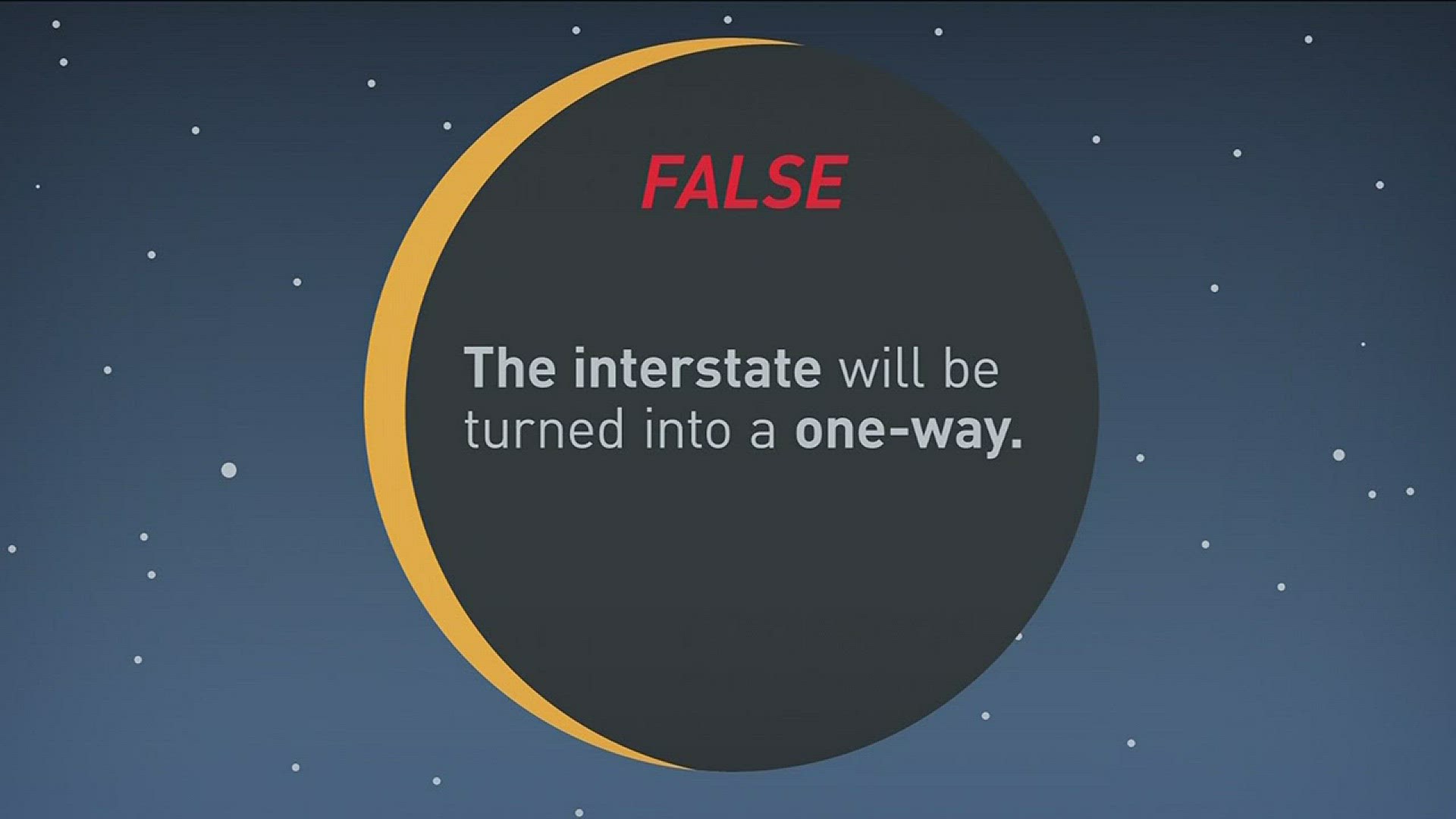PALM SPRINGS - Coachella Valley residents, like many Americans, will see a partial solar eclipse on Monday, Aug. 21. We're well outside the "path of totality," where the moon will totally block the sun. But at its peak, about 65 percent of the sun's light will be hidden behind the moon.
Since it's August, we thought it was worth asking: Will the partial eclipse relieve the heat at all?
"Unless you know a solar eclipse is happening, a 65 percent partial eclipse could pass unnoticed. Still, there will definitely be a reduction in the amount of sunlight reaching Palm Springs as the eclipse progresses," wrote Rick Fienberg, an astronomer and press officer with the American Astonomical Society, in an email.
The amount of sunlight reaching Palm Springs will fall to as little as 30 percent of normal as the eclipse progresses, according to a visualization from NASA. Sunlight will be partially obscured between 9 a.m. and 11 a.m., with the peak around 10:25 a.m.
The National Weather Service forecasts that temperatures will range between highs of 105 degrees and lows of 83 degrees this weekend, though it has not yet predicted temperatures for Aug. 21, the day of the eclipse.
Feinberg thinks a slight drop in temperatures may be noticeable, though.
MORE: 12News.com/eclipse
"I’d say you might get something in the neighborhood of 5 degrees (Fahrenheit) of relief. Within the path of totality most predictions I’ve seen have been between 10 and 15 degrees F," Fienberg told The Desert Sun.
During a total solar eclipse in Zambia in 2001, temperatures fell about 20 degrees Fahrenheit, according to NASA data.

